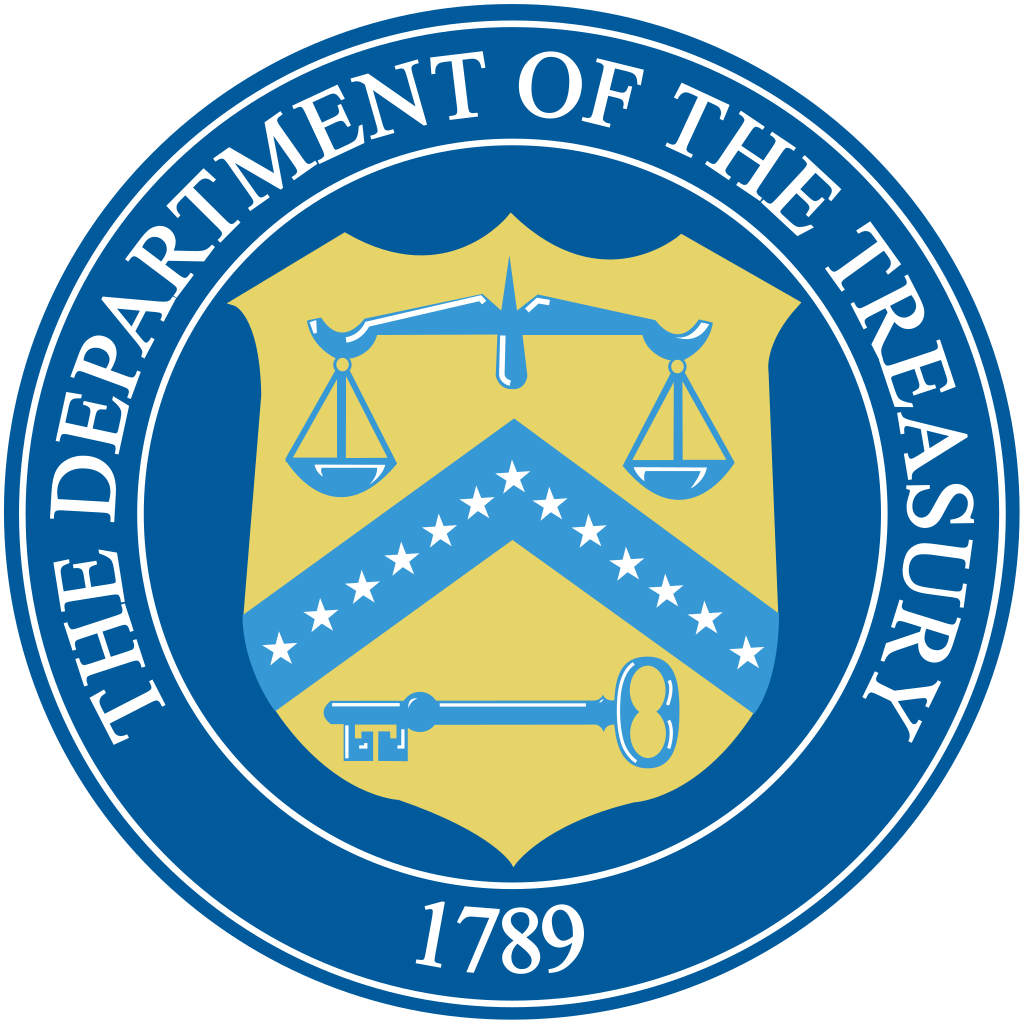
| Entities | |
| Topics and Issues | Financial inclusion (22) Reentry (9) Second Chances (9) |
At the invitation of Kriss Ascanio Gomez, Special Assistant for Public Engagement for the U.S. Department of the Treasury, CDIA was a panelist at a roundtable discussion on Friday, January 12, 2024. The program was hosted by the Treasury’s Office of Financial Institutions. The discussion will be on “enhancing financial resilience and addressing barriers to accessing financial services in justice-involved communities.”
As noted in the invitation,
this two-part roundtable discussion will begin with perspectives from experts who have firsthand experience with these challenges, followed by a collaborative dialogue with regulators and policymakers to explore inclusive financial solutions.
The Treasury Department provided an agenda and program for the event.
The program was moderated by former state Rep. Bakari Sellers, a Democrat of South Carolina, who is now a political commentator on CNN. In the invitation, Treasury noted that
Access to a bank account plays a pivotal role in financial well-being and for economic security and mobility. But research has indicated that individuals re-entering society often encounter challenges in accessing bank accounts and affordable financial services, leading them to resort to high-cost options or go without financial products and services. This can lead to long-term negative effects for justice-involved individuals, their families, and communities, particularly people of color, women, and low-income communities. Attached for your reference is a background note on this topic.
In the invitation, Treasury noted that
Access to a bank account plays a pivotal role in financial well-being and for economic security and mobility. But research has indicated that individuals re-entering society often encounter challenges in accessing bank accounts and affordable financial services, leading them to resort to high-cost options or go without financial products and services. This can lead to long-term negative effects for justice-involved individuals, their families, and communities, particularly people of color, women, and low-income communities. Attached for your reference is a background note on this topic.
Pursuant to the goals in Executive Order 14074, “Advancing Effective, Accountable Policing and Criminal Justice Practices to Enhance Public Trust and Public Safety,” which was issued on May 25, 2022, the Treasury Department is working with the White House-organized Alternative Re-entry Committee to dismantle banking barriers for justice-involved individuals striving for societal reintegration. [See also, White House Alternatives, Rehabilitation, and Reentry Strategic Plan, April 2023]. As part of these efforts, the Treasury Department is hosting sessions with stakeholders and regulators to discuss this critical issue and illuminate the barriers that impede justice-impacted individuals from using banking services.
Below is a list of topics of discussion:
- Personal testimonies of challenges faced in accessing banking services post-justice involvement.
- The repercussions of these barriers for housing stability, employment prospects, and societal reintegration.
- The contribution of financial institutions to financial inclusion and the provision of specialized services for justice-impacted individuals.
- The impacts of policy on banking access for justice-impacted individuals and of the potential for collaboration among regulators, financial institutions, and community organizations to surmount these barriers.
Resources:
U.S. Treasury Panel on Financial Inclusion for Justice-Involved Consumers
CFPB
- Protecting one’s credit while in the criminal justice system, CFPB, April 2016.
- Financial information and tools available to help people transitioning from incarceration, CFPB, April 2019.
- Justice-Involved Individuals and the Consumer Financial Marketplace, CFPB, Jan. 2022.
- Press release, CFPB Report Shows Criminal Justice Financial Ecosystem Exploits Families at Every Stage, Jan. 2022.
- Requesting your free credit reports by mail from a correctional facility, CFPB.
- Preparing your money situation before or during incarceration, CFPB.